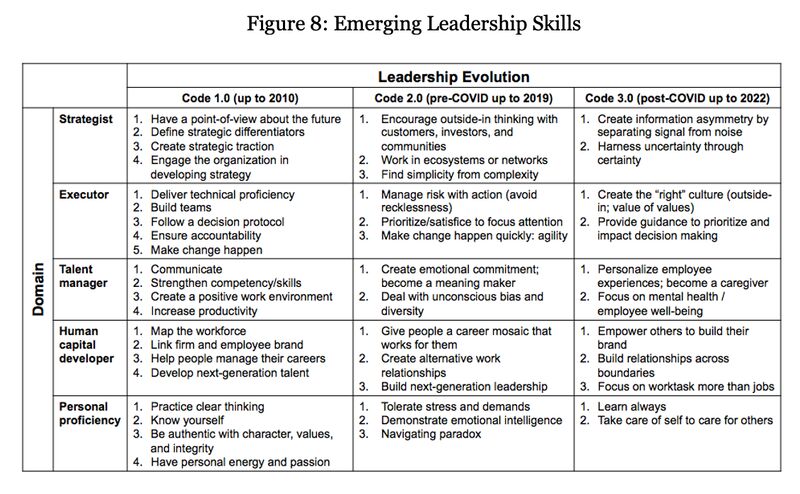By Joy W. Goldman Advisor and Founding Partner
https://www.linkedin.com/posts/pepperextrashot_youve-seen-it-ive-seen-it-weve-all-seen-activity-7217125638887915521-LDZM?utm_source=share&utm_medium=member_desktop
With thanks to Pepper Wilson for providing this fun and practical post on David Emerald’s work of the Dreaded Drama Triangle and the Empowerment Dynamic. Along with The Conscious Leadership Group’s: “Above and Below the Line,” the DDT and TED are our most commonly used frameworks in working with healthcare leaders and teams. Think about it: as a nurse, I went into healthcare because I wanted to improve people’s health. Some might say, I wanted to “save” or “rescue” people. That’s a noble goal, EXCEPT when I over use it and apply it to all aspects of my life!
At SixSEED Partners, we work with our clients to identify their thinking habits of responding as “heros/ rescuers” and invite them to shift to a more empowering perspective that encourages development in their teams and less wear and tear on them. And we compassionately and with healthy humor, invite them to notice their own inner persecutor and help them shift to a more kind and generous approach to self-management. It is no coincidence that we often see that grace applied to others in their lives, once they have mastered it for themselves.
Would you like to learn how you might apply this framework to your teams? Contact us here: https://sixseedpartners.com/contact/


